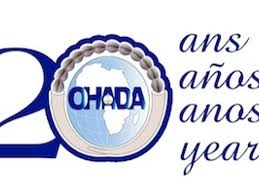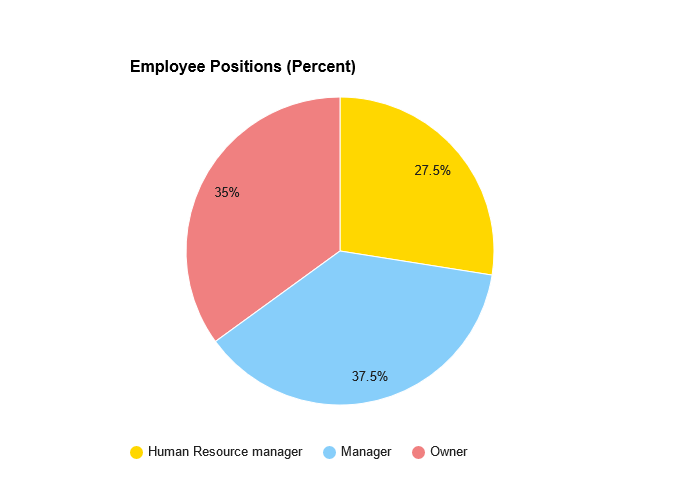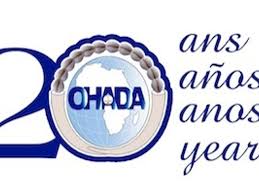
Navigating the Sale of Attached Property Under OHADA Law: A Practical Guide for Business Owners
When it comes to debt recovery and enforcement, the sale of attached property plays a critical role in OHADA law. Whether you're a debtor seeking to clear your debts or a creditor ensuring repayment, understanding the process—especially under the recent 2023 updates—is vital. In this conversation, we'll explore both private and forced sale procedures in a way that's easy to grasp, with an emphasis on practical business scenarios.
Section 1: Private Sale of Attached Property
Businessman: “I understand my property can be sold if it’s attached, but is there any way I can handle this on my own terms?”
OHADA Lawyer: “Yes, OHADA law gives debtors some control through a private sale. Under Article 115, you can voluntarily sell the attached property and use the proceeds to pay off your creditors. It’s a way to settle the debt on your terms.”
Businessman: “How long do I have to make this sale?”
OHADA Lawyer: “You have one month from the date you’re notified about the attachment of your property, according to Article 116. During this time, the property remains under the supervision of a custodian and can’t be moved unless it’s an emergency.”
Businessman: “What if I find a buyer within that time?”
OHADA Lawyer: “Once you have a buyer, you need to inform the bailiff or process-server in writing, as described in Article 117. Include details like the buyer’s name, address, and the proposed offer. This is then shared with your creditors, who have 15 days to either accept the sale, propose themselves as buyers, or remain silent, which counts as acceptance.”
Businessman: “And what happens to the proceeds of the sale?”
OHADA Lawyer: “The money from the sale goes to the bailiff, process-server, or court registry as mentioned in Article 118. The property transfer only happens after this deposit. If you fail to sell the property or the buyer doesn't deposit the money on time, then a forced sale will take place.”
Businessman: “So, creditors can’t just refuse my sale out of spite?”
OHADA Lawyer: “Exactly. Article 119 ensures that unless the creditor refuses the sale with the intention of harming you, they aren’t liable for rejecting it.”
Section 2: Forced Sale of Attached Property
Businessman: “Let’s say I can’t manage a private sale. What happens then?”
OHADA Lawyer: “If a private sale doesn’t work out, a forced sale will occur, as stated in Article 120. This public auction must be carried out by an official designated by the national law of your state, and it can take place either at the property’s location, a hall, or a marketplace. The goal is to attract competitive bids with minimal costs.”
Businessman: “And if there’s a disagreement about where the sale happens?”
OHADA Lawyer: “The law covers that too. If you and the creditor can’t agree on the location, the court will step in and make a decision within five days, according to Article 120.”
Businessman: “How do people know the property is up for sale?”
OHADA Lawyer: “The sale has to be publicly advertised. As per Article 121, posters will be put up at key locations like the town hall and market, and the sale might also be announced in the media. All of this must happen at least 15 days before the sale date.”
Businessman: “Do I get notified about the sale?”
OHADA Lawyer: “Yes, you will be informed of the sale date, time, and place at least 10 days beforehand, as required by Article 123. The bailiff or process-server will make sure of this.”
Businessman: “What about the condition of the property before the sale?”
OHADA Lawyer: “Before the sale, the official in charge will check the state and condition of the property, drawing up a report that notes any missing or damaged items as specified in Article 124.”
Businessman: “How does the auction itself work?”
OHADA Lawyer: “The auction is straightforward. The property will go to the highest bidder after three calls, and the buyer must pay in cash, as outlined in Article 125. If the buyer fails to pay, the property will be resold.”
Businessman: “What happens if the auction raises enough money to cover my debt?”
OHADA Lawyer: “Once the auction raises enough to cover the debt—including principal, interest, and costs—the sale will stop, according to Article 126. Any unsold items will be returned to you.”
Businessman: “How is the sale finalized?”
OHADA Lawyer: “A report will be drawn up describing the property, the sale price, and the buyer’s details, as required by Article 127. The official in charge of the sale must also ensure the money is properly handled—they are personally liable for it under Article 128.”
Key Takeaways:
- Debtors have the opportunity for a private sale within a one-month window.
- If a private sale fails, a forced sale will take place through a public auction.
- The process is designed to ensure transparency, with creditors and debtors having clearly defined rights and obligations.









